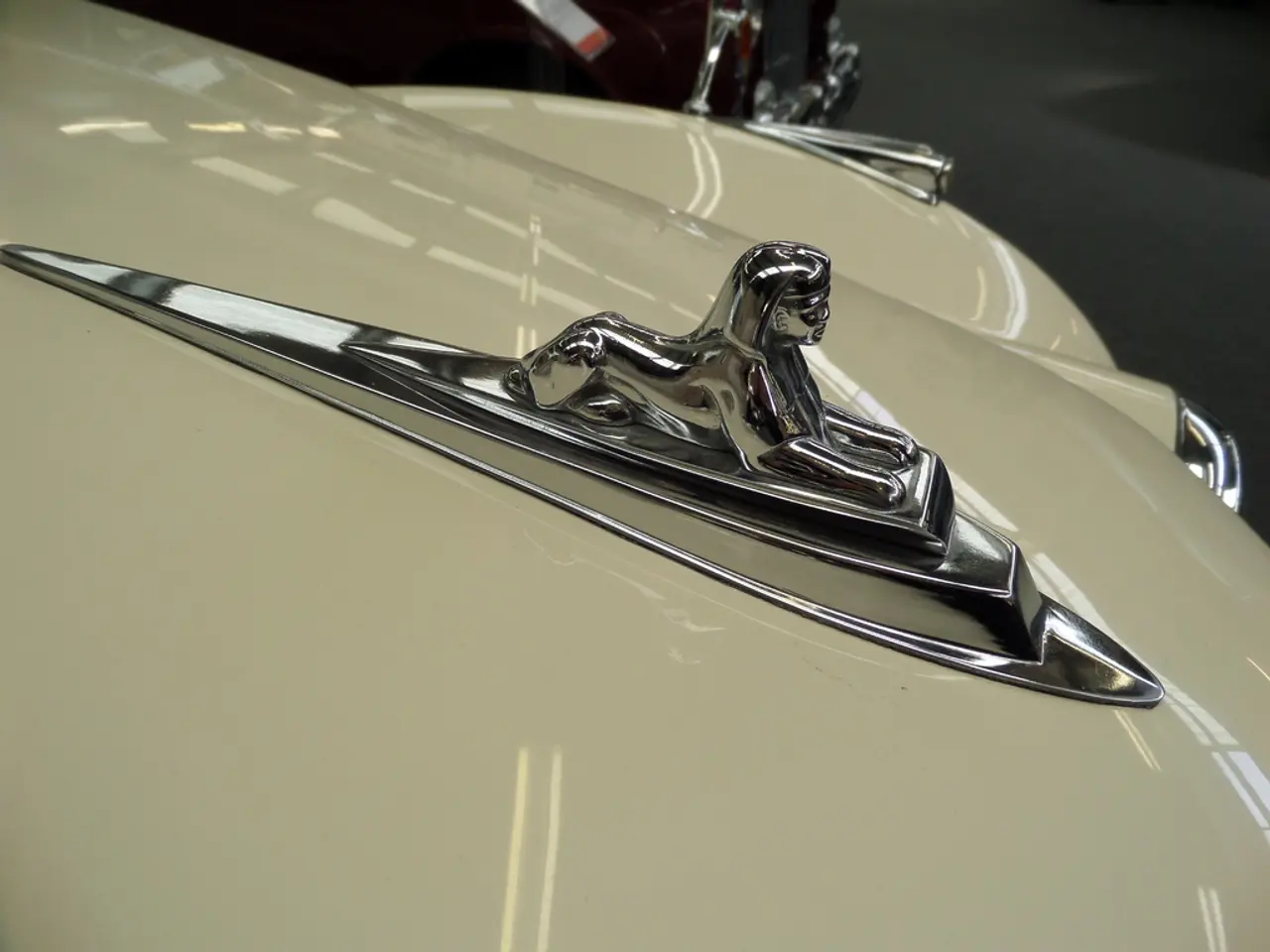Collaborative Motion in the Auto Sector: General Motors and Hyundai Join Forces in an Automotive Union
In a groundbreaking move, General Motors (GM) and Hyundai have signed a strategic alliance, marking their first official joint collaboration [1][3][4][5]. This partnership, announced in September 2024, is set to co-develop five new vehicles and an electric commercial van, with launches planned for 2028.
Unlike past collaborations, this alliance signifies a new chapter in the relationship between these two automotive giants, with no records of direct joint ventures or vehicle co-development projects between them [2]. Despite their individual successes—GM's joint venture with Toyota (NUMMI) from 1984 to 2010, and Hyundai's past collaboration with Mitsubishi—this 2024 alliance is described as unprecedented [1].
The collaboration encompasses:
- Five co-developed vehicles: including a compact SUV, a compact sedan, two pickups for Central and South America, and an electric commercial van for the U.S. market.
- Shared platforms and technology: to reduce costs, accelerate innovation, and offer a broader range of competitively priced vehicles.
- Distinct brand designs: each company will maintain separate interiors and exteriors to preserve brand identity.
- Production scale: expected annual sales exceeding 800,000 vehicles at full production.
- Sustainability focus: cooperation includes exploring low-carbon materials and propulsion technologies such as hybrids, battery electric vehicles, and hydrogen fuel cells.
Each company will take on specific roles in development, with GM leading the midsize pickup truck, and Hyundai leading the compact vehicles and electric van [1][3][5].
While a full merger between GM and Hyundai seems unlikely due to complexities and regulatory hurdles, a successful partnership could pave the way for closer integration over the long term. Collaborations may focus on specific technology areas, such as battery production, software development, or autonomous driving systems.
The success of this partnership, along with similar collaborations, will shape the future of the global automotive landscape, navigating potential antitrust concerns in key markets and embracing the industry's shift towards electrification and shared mobility.
Rob Enderle, a technology analyst at Torque News who covers automotive technology and battery developments, has highlighted the potential benefits of this collaboration, including accelerated development of electric vehicles and autonomous driving technology, reduced costs through shared research and development, and access to each other's technological strengths [6].
As the auto industry evolves, partnerships like this one between GM and Hyundai are becoming increasingly common, with Ford and Volkswagen also announcing collaborations on electric vehicles and autonomous driving [7]. This trend underscores the importance of collaboration in the face of rising development costs, technological advancements, and the need to cater to diverse consumer demands.
[1] Automotive News [2] Electric Vehicle News and Reviews [3] News Opinion [4] TorqueNews Hot Topics [5] General Motors [6] Hyundai [7] Forbes, X, LinkedIn (Rob Enderle's articles) [7] Ford and Volkswagen announce collaboration on electric vehicles and autonomous driving. (Various sources)
This strategic alliance between General Motors (GM) and Hyundai will co-develop five new vehicles, including a compact SUV and a compact sedan, with a focus on reducing costs, accelerating innovation, and offering competitively priced vehicles through shared platforms and technology. Furthermore, the partners will invest in exploring low-carbon materials and propulsion technologies, such as hybrids, battery electric vehicles, and hydrogen fuel cells.




